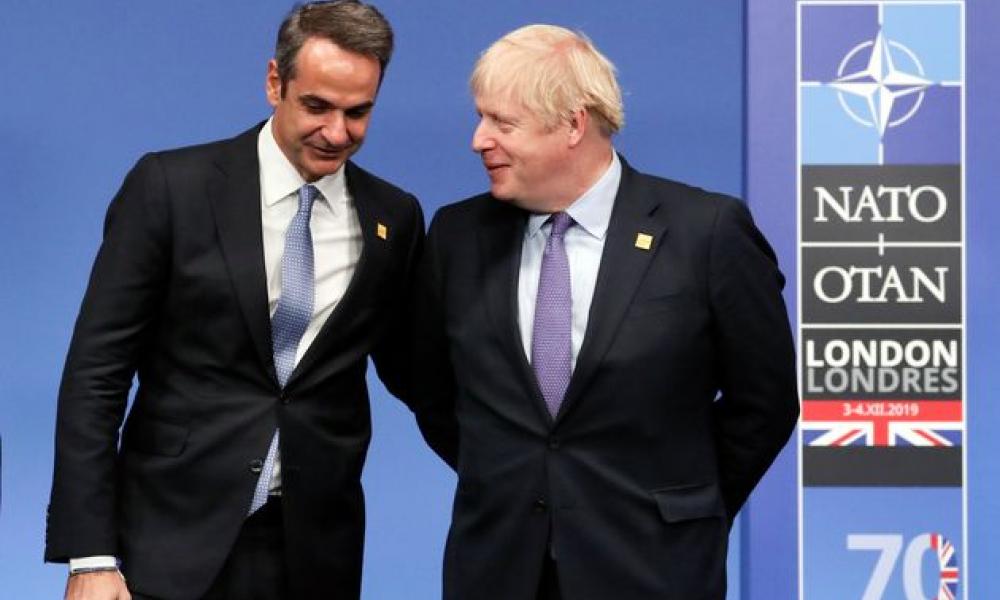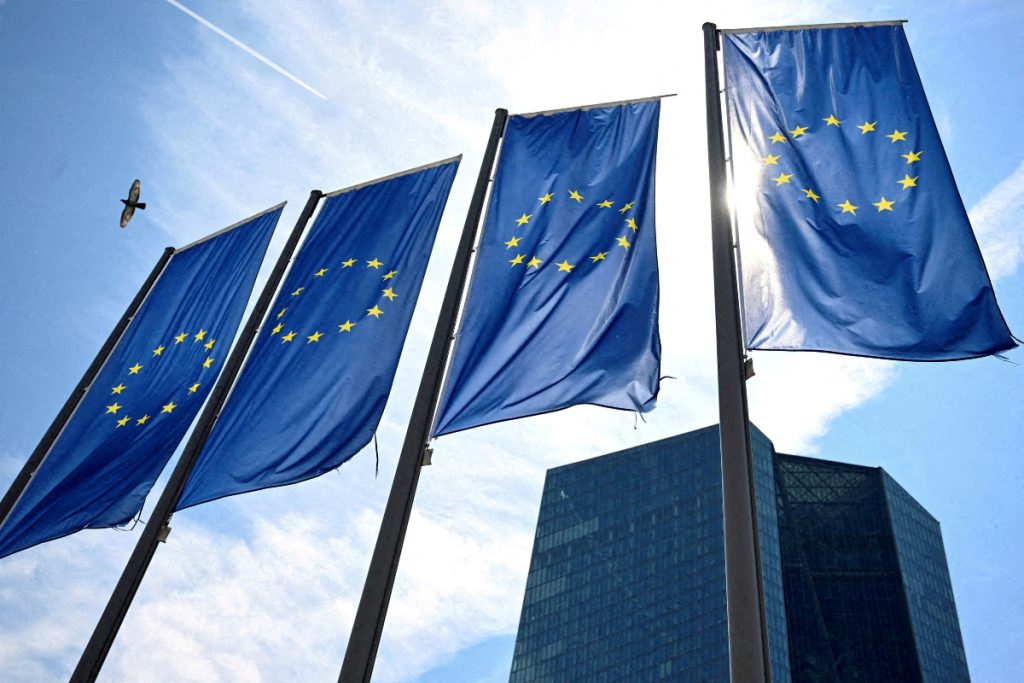Prime Minister Kyriakos Mitsotakis has once again issued a call for the return of the Parthenon Marbles from the British Museum to Athens, so that they may be displayed at the Acropolis Museum at the foot of the Acropolis, in an interview with the Daily Telegraph published yesterday.
Mitsotakis, who is to meet with British PM Boris Johnson on 16 November, said that he seeks to negotiate a deal that would include a loan of major Greek antiquities that have never left the country, but has avoided offering details.
Stressing that the unmatched treasures were in fact stolen by Lord Elgin in the early 19th century, Mitsotakis underlined that the British Government’s stance could have a decisive role in determining any decision by the trustees of the British Museum.
Johnson has in the past categorically ruled out a return of the Marbles, maintaining that they were acquired legally.
“Our position is very clear. The marbles were stolen in the 19th century; they belong in the Acropolis Museum and we need to discuss this issue in earnest,” Mitsotakis told the Daily Telegraph.
“I am sure that if there was a willingness on the part of the government to move we could find an arrangement with the British Museum in terms of us sending abroad cultural treasures on loan, which have never left the country,” he said.
“Refusing to discuss the topic seems to me, given the context of everything that has been happening in terms of the return of cultural treasures, to be rather an anachronistic approach,” he added.
Mitsotakis’ remarks at UNESCO
Addressing the 75th anniversary UNESCO conference in Paris yesterday, Mitsotakis referred at length to the need for the Parthenon Marbles to return to their home in Athens and to be displayed in the splendid Acropolis Museum.
PM Kyriakos Mitsotakis’ remarks are as follows:
“There cannot be dialogue between nations, without dialogue amongst cultures. Something which presupposes respect for the history, heritage, and identity of each nation. To my mind that means that emblematic monuments, inherently connected to the very identity of a nation, should be a matter of that nation.”
“Take the Parthenon Sculptures, which make up a hugely significant piece of the world’s cultural heritage and are perhaps the most important symbolic link between modern Greeks and their ancestors.”
“Most of that collection can be found on display in the Acropolis museum, a few hundred meters from the Parthenon. That they can be seen in situ, in their birthplace, connected visually to the monument which lends the sculptures their global significance, that really matters.”
“However, while a part of that collection remains exiled in London that impact can never be fully appreciated. That is why I believe it is essential that the Parthenon marbles in London should be reunited with the majority of the Parthenon Sculptures in Athens.
Last September a pivotal step was taken by UNESCOs Intergovernmental Committee for Promoting the Return of Cultural Property.”
“For the first time, it unanimously adopted a decision recognising that “the case has an intergovernmental character and, therefore, the obligation to return the Parthenon Sculptures lies squarely on the UK Government”.
“The UK should move to a bona fide dialogue with Greece. And I urge them to do so. After all, this year marks the 200th anniversary of Greece’s War of Independence. There could be no better time than now, in which to reunite the missing section of the Parthenon Sculptures – in their birthplace – in Greece.”




